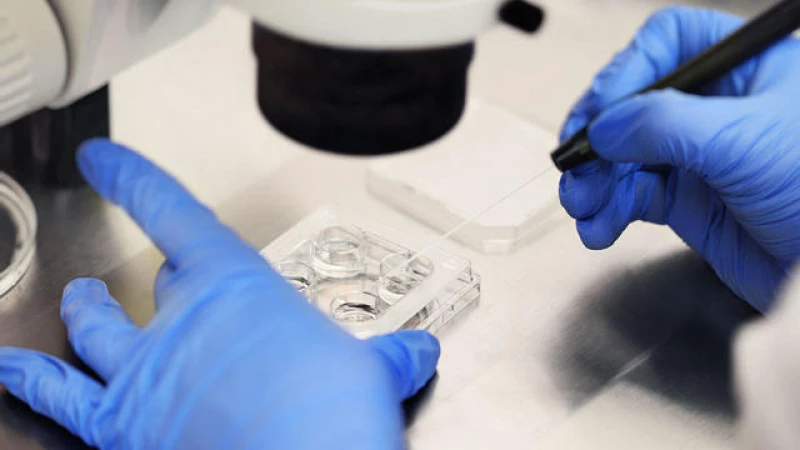An Alabama hospital made the difficult decision to discontinue IVF treatments by the end of 2024 due to concerns over litigation. This move comes after a series of events, including a ruling by the state's supreme court declaring that frozen embryos resulting from in vitro fertilization (IVF) should be considered children. Subsequently, a new state law was enacted to provide additional legal protections for IVF procedures.
"To support families in Alabama and the Gulf Coast region who have already embarked on IVF treatment with the aspiration of starting a family, Mobile Infirmary has temporarily reinstated IVF services within the hospital. However, due to the legal uncertainties surrounding IVF treatments, Mobile Infirmary will cease offering this service to families beyond December 31, 2024," stated an announcement posted on the hospital's website on Wednesday.
The Mobile Infirmary Medical Center became embroiled in controversy following two lawsuits filed by couples whose frozen embryos were mistakenly dropped and destroyed in 2020. The court's ruling that equated frozen embryos with children enabled the couples to pursue legal action for the wrongful death of a minor. This groundbreaking decision raised concerns among experts about its potential wider implications.
Alabama Passes Law to Protect IVF Providers
The recent court ruling in February caused a stir in Alabama, leading to a pause in IVF services by the state's major providers. Families, fertility experts, and organizations raised concerns about the potential decrease in access to IVF care.
However, in response to these worries, Alabama Governor Kay Ivey took action in March by signing a bill into law that shields IVF providers from legal liability. The bill, approved by the state's House and Senate, aims to protect providers from criminal prosecution and limits lawsuits related to any harm caused to embryos during IVF procedures.
Following the enactment of the new law, the University of Alabama at Birmingham, which had halted IVF treatments after the court ruling, expressed gratitude towards the legislature and Governor Ivey. They stated that the legislation allows them to restart IVF treatments while continuing to advocate for further protections for patients and providers.
Despite these developments, concerns remain about whether the law adequately safeguards doctors and clinics. Sean Tipton from The American Society for Reproductive Medicine pointed out that the legislation fails to address the core issue of the court's ruling equating fertilized eggs with children.
Approximately 20% of individuals experience difficulty conceiving after one year of attempting to get pregnant, as reported by the Centers for Disease Control and Prevention. A recent study revealed that 42% of adults in America acknowledge either using fertility treatments themselves or knowing someone who has sought such treatments.







